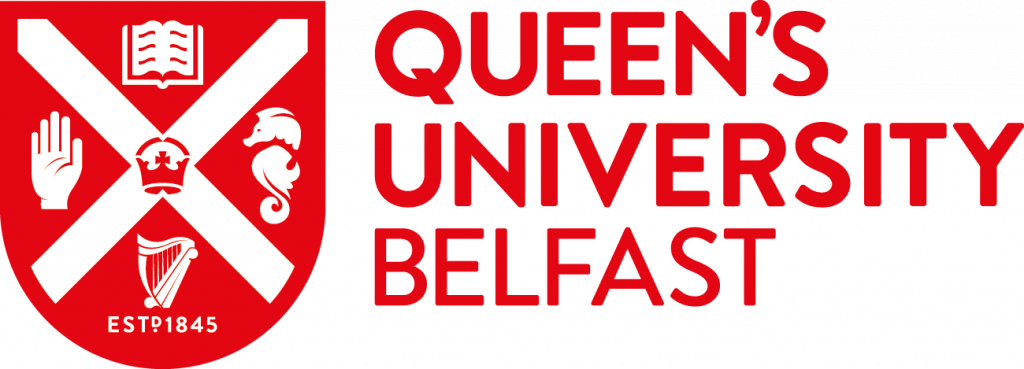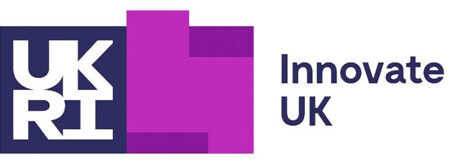Home / CGFI Annual Forum 2023 – NERC Biodiversity Showcase
Integrating Finance and Biodiversity

The £7 million ‘Integrating Biodiversity and Finance for a Nature Positive Future (NPF)’ programme co-led by NERC and Innovate UK will develop the solutions needed to embed the values of biodiversity into financial decision making. This investment will build a national multi-stakeholder community that can drive the development of knowledge, tools and skills to incorporate biodiversity-related risks and opportunities into planning, reporting and investment decisions for the finance and business sectors.
If you would like to find out more about the programme and how you can get involved as an organisation, please contact the co-ordination hub at [email protected].
PROJECTS AT THE CGFI ANNUAL FORUM 2023
The CGFI Annual Forum 2023 showcased successful Phase 1 projects funded from the NPF programme. Project leads presented their research in a panel discussion and Q&A.
PROJECT INFORMATION
Integrating Nature Climate Scenarios & Analytics for Financial Decision Making (INCAF)

Contact: Dr Nicola Ranger, Tom Oliver
INCAF brings together a global network of nature, climate and finance experts to co-develop integrated nature-climate scenarios and analytics for financial institutions (FIs). Over half of global GDP is dependent on nature, yet we are seeing unprecedented biodiversity declines due to human activities. FIs can play an important role in securing a nature-positive future. Our goal is to address gaps in scenarios and analytics needed to integrate nature into financial decision making. We are working closely with the Network for Greening the Financial System (NGFS) to co-develop scenarios and with the Bank of England, Defra and the GFI to pilot this in the UK. INCAF is supported by UKRI.
Decision-Grade Data on Nature: Integrating Biodiversity and Finance
Contact: Hannah Rudman
Nature tech promises to make the case for deeper investments in nature-based solutions easier to justify, by providing better clarity about their impact over time and by helping make them even more cost-effective. However, inexpensive IoT sensors and digital measuring devices can lack credibility as comparable, trustable data sources when there are no consistent or standardised processes for authenticating, calibrating and validating them, or for guaranteeing their cybersecurity. Capital moves to nature at the speed of trust. These issues can be addressed by developing and testing standardised processes for configuring, calibrating, validating, authenticating and securing IoT and remote sensors.
Seascape Restoration Research Network

Contact: Karolina Skalska
The coastal zone between the Solent and Sussex Bay is home to one of the largest concentrations of coastal restoration activities in the UK. Given the rapid decline of crucial native habitats across the UK’s south coast, it is critical to scale up these local restoration efforts.
The Seascape Restoration Research Network will draw upon the real-life experience of local researchers, practitioners, regulators and potential investors to co-develop a long-term strategy that better integrates finance and biodiversity into future coastal restoration initiatives across the Solent and the Sussex Bay, as well as the rest of the UK.
Financial Rewards for Improved Biodiversity Outcomes (FRIBO)

Contact: Prof Paul Brereton, Dr Lisa Sheenan
FRIBO aims to accelerate the mobilisation of private sector investment in nature-based solutions (NBSs). It will do this by forming a network of experts and stakeholders to identify, through co-creation activities (workshops, surveys, questionnaires) the opportunities and impediments for private investment in NBSs. A particular focus will be on ensuring that financial instruments and processes are in place that not only incentivise investment but that also ensure biodiversity outcomes are measurable and improved. Research partners: QUB, Newcastle University, Texas A&M, Trento and Limerick Universities. Stakeholder partners: EA, JNCC, Rabobank, Sapphire Capital, Swiss re, NFU, Blakiston Houston Estates and Moy Park.
Nature-Positive Investment Opportunities Through Solar Parks: Case for Support

Contact: PI Prof. Piran White, Dr Paul Hudson
This project aims to promote nature-positive investments in the solar park industry by identifying opportunities and developing metrics for monitoring and reporting. The business case for nature-positive investment not only requires beneficial outcomes be identified, but that they can be robustly and reliably. Our project will synthesize nature-positive outcomes from solar parks, select appropriate metrics for quantifying nature-positive outcomes, explore business opportunities, and develop a nature-positive investment community. The project intends to bridge the gap between the financial system and the natural environment, aligning financial decision-making with biodiversity and natural capital.


